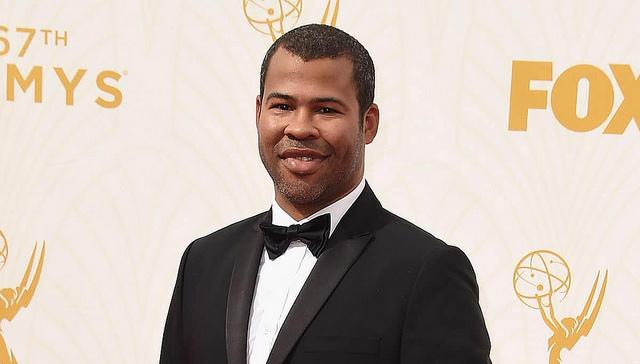On Sunday, March 4, Frances McDormand strode to the stage of the Dolby Theatre to receive the Academy Award for Best Actress for her powerful role in “Three Billboards Outside Ebbing Missouri.” A few minutes later, McDormand finished one of the most important acceptance speeches in recent memory, uttering two words that subsequently have been swirling around the internet — “inclusion rider.”
In brevity, an inclusion rider is essentially a condition that could be inserted into the contracts of big-name actresses and actors that allows for them to mandate certain levels of diversity in the casts and crews of films. By demanding inclusion and representation in all aspects of cinema, inclusion riders would help dismantle the institutionalized dominance of white men in Hollywood.
Everyone knows — or hopefully, at least most people know — of the vast disparities between representation in Hollywood and the actual world we live in. But when you look at the data, the disparities are far worse than even commonly thought. As Stacy Smith, a professor at University of Southern California, dammed in her 2016 TED talk, these disparities in Hollywood are an “epidemic of invisibility.”
In a study carried out by Smith, it was revealed that in 800 movies between 2007-15 less than 1/3 of all roles went to women. Moreover, for roles in production, the disparities are even more contrasted. In 2017 alone, 83 percent of top 250 grossing films didn’t feature any female writers, 88 percent didn’t feature any female directors and 96 percent had no female cinematographers at all.
In the light of the #MeToo movement, there have been numerous platitudes and gestures generated by either those in Hollywood or outside observers that have tried to amplify and promote equality, but there hasn’t been substantial change — yet.
There are plenty of people who offer evidence of both how Hollywood should change, and Hollywood stays the same. “Lady Bird,” directed by Greta Gerwig, is such an example — proving both.
On the positive side, “Lady Bird” is one of the few movies that’s both written and directed by a woman, and it’s reflexive to the indelible proof that if you have a woman director, you’ll have more diversity and inclusivity. In casting, more than half of the cast for Gerwig’s debut is female, and in big-hitting production categories of directing, writing, producing and cinematography, women make up around half of the crew as well.
This is a considerably higher amount to the industry average of 16 percent, found by the Center of the Study of Women in Television and Film in their study of top 100 films of 2015 films focused on a similar sampling.
But on the negative side, there are still steps that need to be taken. At The Golden Globe Awards this winter, Greta Gerwig wasn’t even nominated for Best Director, despite “Lady Bird” being one of the most dominant films in other categories. Natalie Portman pointed this out as she introduced the nominees with, “Here are the all-male nominees for best director.”
Institutionally, there’s pushback against changing ways and bringing in other faces and workers to an industry that’s forever been dominated by white, affluent men. For one, for Academy voters specifically, one isn’t even required to watch all the potential movies, shown by people’s downright racism over refusing to watch Jordan Peele’s “Get Out.”
Fundamentally, more important than the pointless, last-ditch efforts to keep cinema “traditional,” are the steps of progress being taken in representation and breaking open the paradigm of cinema into a landscape that represents the world we live in.
About a month ago, I was sitting in the back of a movie theatre seeing “Lady Bird” for my fourth time. During the opening previews, I scanned the audience as a prolific people watcher always does, and guess what, no surprise — the audience wasn’t one bland assortment of white men — moviegoers were as diverse as the rest of the world. Then why is the movie industry so unreflective of this?
Adam Ramer (aramer2@wisc.edu) is a junior majoring in history and political science.


